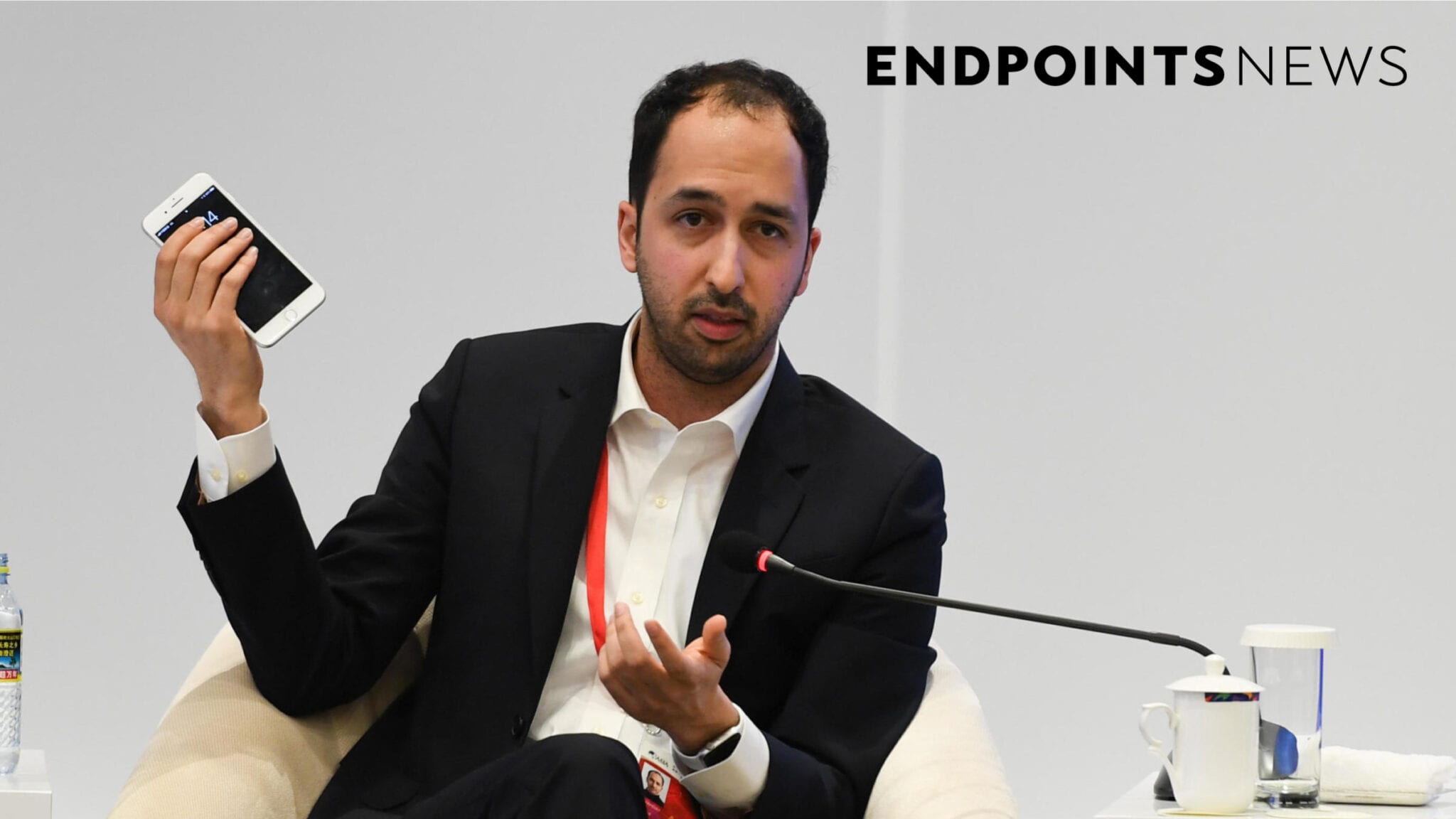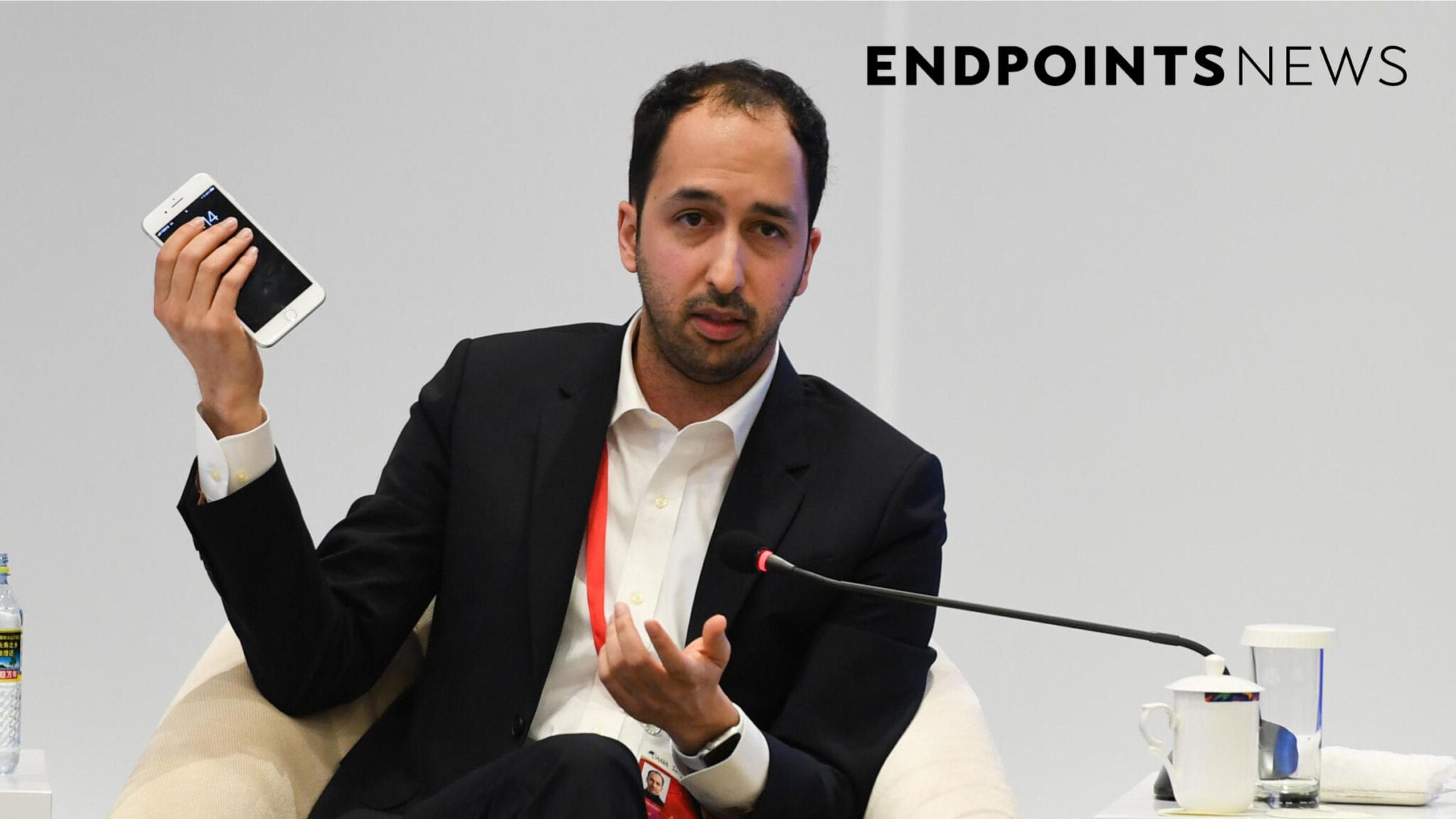AstraZeneca doubles down on digital health in its latest collaboration Leave a comment

AstraZeneca is going down the digital health route in its newest deal, focusing on decentralized clinical trials and virtual healthcare.
The UK pharma has teamed up again with digital health firm Huma Therapeutics in a bid to “scale innovation for digital health,” Huma said in a statement early Wednesday.
AstraZeneca put roughly $33 million into the deal, according to a report from CNBC — as the companies have remained mum on other financial specifics. The small company already raised money last year in a Series C to the tune of $130 million — led by Leaps by Bayer and Hitachi Ventures. That funding was to expand its digital platform in the US, Asia and the Middle East. There was an additional commitment of $70 million that can be exercised at a later date.
At the time of the raise last year, Huma boasted wearable technology and a patient app that could help researchers prescreen participants, conduct remote visits, track medication and collect real-life data.
As part of today’s deal, Huma will also acquire AMAZE, a disease management platform developed by AstraZeneca for asthma and heart failure patients. The platform works by sharing “critical data” with clinicians on patient health progress and enables healthcare providers and patients to message each other through the app, according to AstraZeneca.
The pharma has already used AMAZE to already conduct clinical studies, Huma said.
The companies have worked together before on digital health efforts, Huma CEO Dan Vahdat told Endpoints News. The companies previously collaborated on launching software as a medical device, or SaMD, for diabetes, cardiometabolic disease patients, and then expanded to decentralized clinical trials.
As part of the partnership between the two UK companies, Huma and AstraZeneca will launch companion apps using SaMD. Those apps will be targeted at several therapeutic areas and partners to help accelerate the adoption of decentralized clinical trials. These will build on Huma’s already-built tech platforms, which are being used by users — 1.8 million at last count — across more than 3,000 hospitals and clinics.
 Ruud Dobber
Ruud Dobber
Vahdat also said that they will be starting in asthma, COPD and heart failure, and then progressively moving forward into more indications such as renal oncology.
Part of the end goal for Huma and Vahdat is to change the landscape of decentralized clinical trials — and in Vahdat’s view, Huma is well-positioned to do that as the company “would potentially be able to offer real time recruitment, finding the patients at the right time through the current patient’s cohort that we have,” Vahdat said.
“We are very excited to be working more closely with Huma across our digital health initiatives,” AstraZeneca’s Ruud Dobber said in a statement.


